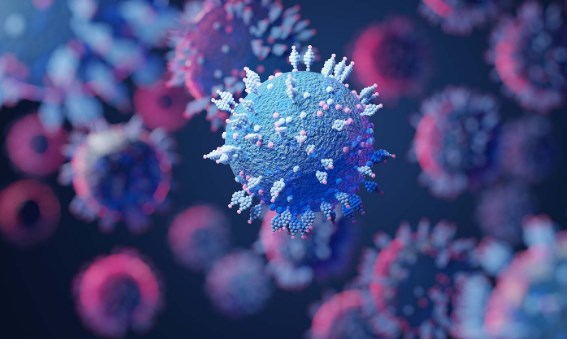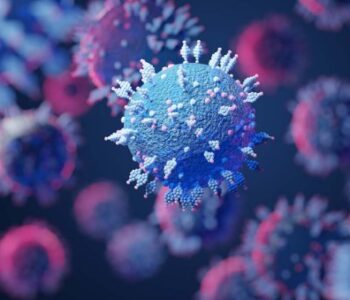 Covid 19 Pandemic
Covid 19 Pandemic
The Covid 19 Pandemic- 2
Variants
The Covid 19 Pandemic- 2 – Viruses are continually changing due to mutations, and these changes may occasionally lead to a new viral strain. Some varieties arrive and then go, while others stick around. There will continue to be new versions. In the United States and across the world, the CDC and other public health agencies keep track of all forms of the COVID-19 virus.

The Delta variant of the virus that causes COVID-19 produces more illnesses and spreads more quickly than the initial SARS-CoV-2 strain. COVID-19 vaccines are still the most effective approach to lower your risk of serious disease, hospitalization, and death.
Facts to know about variants
The virus is predicted to evolve into new strains. The best method to delay the formation of new variations is to take actions to minimize the transmission of illness, including acquiring a COVID-19 vaccination.
COVID 19 Pandemic vaccinations lower your chances of being sick, being hospitalized, and dying.
Adults aged 18 and over should have a COVID-19 booster shot. Teenagers 16–17 years old who had Pfizer-BioNTech COVID-19 vaccinations may obtain a booster dose if they are at least 6 months post-immunization with Pfizer-BioNTech.
Variant Types
Scientists keep track of all variants, but some are classified as being watched, of interest, of worry, or of significant relevance. COVID-19 instances may increase if certain variations spread more readily and faster than others. A rise in the number of cases will place a greater demand on healthcare resources, resulting in more hospitalizations and perhaps more fatalities.

These categories are based on how quickly a variation spreads, how severe its symptoms are, how well it responds to therapies, and how effectively immunizations protect against it.
Variants of Concern
- 1.1.529, Omicron
South Africa was the first place to be discovered.
Spread: Other varieties, particularly Delta, may spread more readily.
The current severity of disease and mortality linked with this variation is unknown due to the minimal number of instances.
Vaccine: While outbreaks among fully vaccinated persons are to be anticipated, vaccinations are beneficial in reducing serious disease, hospitalization, and death. According to preliminary findings, those who have been completely vaccinated and get the Omicron form may transfer the virus to others. All vaccinations that have been approved or recommended by the FDA are predicted to protect against serious disease, hospitalization, and death. The recent appearance of the Omicron variety stresses the significance of immunization and boosters even more.
Therapies: Some monoclonal antibody treatments for Omicron infection may not be as successful.
The Delta – B.1.617.2. variant was first discovered in India
Spread: This variety spreads more readily than others.
Severe disease and death: This variety has the potential to be more severe than the others.
Vaccine: While outbreaks among fully vaccinated persons are to be anticipated, vaccinations are beneficial in reducing serious disease, hospitalization, and death. According to preliminary findings, those who have been completely vaccinated and get the Delta form may transfer the virus to others. All vaccinations that have been approved by the FDA or that have been authorized by the FDA are effective in preventing serious disease, hospitalization, and death.
Therapies: FDA-approved monoclonal antibody treatments are effective against almost all variants now circulating in the United States.
Deaths
COVID 19 Pandemic was responsible for around 5.29 million fatalities as of 11 December 2021. People who died after testing positive for COVID-19 are referred to as official COVID-19 fatalities. People who die without undergoing a test may be missed by such tallies. Deaths of persons with underlying illnesses, on the other hand, may result in an overcount. Excess mortality is seen in several nations when figures for all-cause fatalities are compared to multi-year averages. Deaths as a result of healthcare capacity and priority limits are among them.

On January 9, 2020, Wuhan recorded the first verified fatality. The first fatality outside of China happened on February 1, 2020, in the Philippines, while the first death outside of Asia occurred on February 6, 2020, in the United States.
The duration between the beginning of symptoms and mortality is generally between 6 and 41days, with the average being about 14. The elderly (65 years and older) and those with underlying illnesses are the people who are most at risk from COVID-19. Obesity, diabetic problems, mental disorders, and the overall number of ailments are the most significant risk factors for serious illness.





